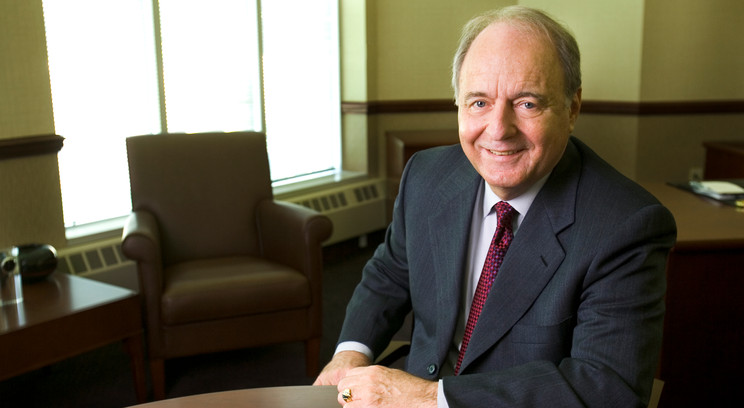As I write this, the U. S. economy is either in an extended stagnation or one of the slowest recoveries since such activities have been tracked. An important consideration for all of us in business is “what happens to ethics when the economy goes ‘south’?” The answer may not be simple.
Dan Kahneman, a psychologist who recently won the Nobel Prize for Economic Sciences, and his late research collaborator, Amos Tversky, demonstrated that individuals tend to take more risks when they perceive themselves to be facing a loss. This finding has been replicated by countless scholars using subject populations with differing education levels and analytical skills.
When individuals in these circumstances elect risky options, these are not the “calculated risks” so often attributed to effective business leaders but rather are non-rational choices motivated more by emotions than reason. One choice extremely vulnerable to this is that of compromising one’s ethical values in order to avoid a perceived loss. Yes, good people can do bad things.
However, we also observed many ethical transgressions during the housing “boom” prior to the 2008 “Great Recession.” Does the theory apply in good times as well as bad? Indeed, whenever we face choices with varying outcomes, we compare the end state of each alternative to some reference point and use that reference point as the basis for assigning gains and losses. So, during the mortgage boom, if investors were anticipating, say, 20 percent gains but confronted options producing only 10 percent gains, then with the 20 percent target as the reference point, investors would see themselves in a loss position and be tempted to take the ethical risks that surfaced in the aftermath of the mortgage financing debacle.
Thus, the bottom line is that vigilance is required in both good and bad economic times, and business schools must proactively advance the cause of business ethics in both scenarios. Most business schools have taken this challenge very seriously, either adding or contemplating the addition of a required course in business ethics. This is a positive step. But indulge me in the metaphor that required ethics courses may only be “table stakes” in a larger contest for the hearts and minds of future business leaders.
At the University of St. Thomas Opus College of Business, we have chosen to push this envelope much further. Yes, every one of our eight business degree programs has a required course in business ethics. To manage this depth of coverage, we believe we have one of the largest business ethics faculty groups in the nation, if not the world. Every undergraduate business major must complete a separate non-credit course performing 40 hours of business-related community service as a graduation requirement. All of our MBA courses include a treatment of ethical issues in the specific domain of the course. Our full-time MBA program includes a required, credit bearing, graded business ethics laboratory in which students engage in dialogues on business ethics with business leaders, moderated by an ethics professional on our staff.
We have two centers, The Center for Ethical Business Cultures (CEBC) and the Veritas Institute, both focused on different aspects of ethical behavior in the real world of business and the formative world of academic thought. This year the CEBC and our business ethics faculty are editing the Encyclopedia of Business Ethics in conjunction with Wiley-Blackwell Publishing. The CEBC is also in the final stages of completing a volume entitled The History of Corporate Social Responsibility, a mammoth undertaking scheduled for publication in the coming year.
Yes, we are proud of these leadership roles in what we believe to be a vital aspect of good business education and business practice. But, no, I am not seeking to brag but merely to acknowledge the vast efforts that are underway at our school and quite likely at other good business schools throughout our nation and the world. Now is indeed the time to stand up and be counted!







